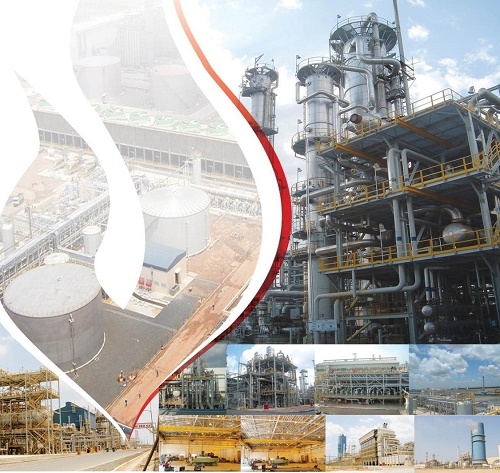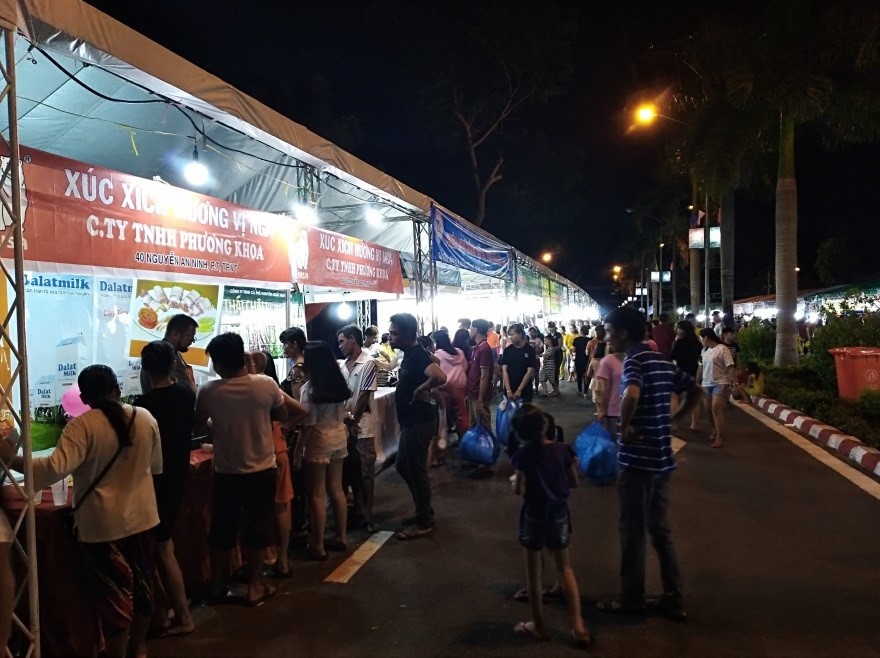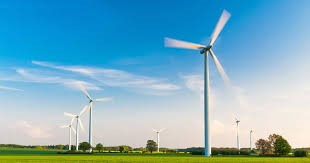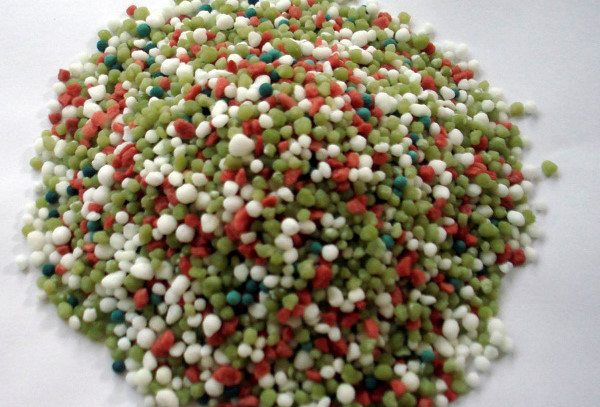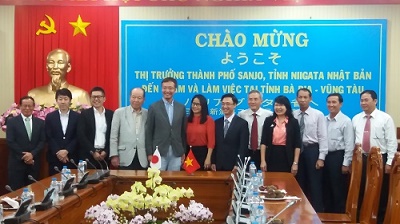Vietnam and the EU are looking for a conclusion of negotiations over a free trade agreement (FTA) which is expected to bolster bilateral trade and investment ties and provide more business opportunities for both sides.
The 7th round of talks for the FTA was held in Hanoi last week with the participation of EU Trade Commissioner Karel De Gucht, who paid a visit to Vietnam as part of his tour to boost trade ties with ASEAN.
The EU and Vietnam started the FTA negotiations in June 2012. Officials from both sides expect the negotiations to wind up in October this year. Vietnam is the third ASEAN country to hold FTA negotiations with the EU after Singapore and Malaysia, and followed by Thailand. The FTA with Vietnam will cover trade in goods and services, investment, government procurement, intellectual property rights, geographical indications, and other regulatory issues such as non-tariff barriers, animal and plant health and hygiene issues, technical barriers to trade, customs and trade facilitation, and trade and sustainable development.
According to the EU Delegation to Vietnam, when the free trade pact takes effect, over 90% of Vietnam’s products exported to the EU will enjoy zero tax and bilateral trade flows will increase by 30-40%. Goods benefiting the most are Vietnam’s traditional products such as farm produce, apparel, footwear and seafood. Once the FTA becomes effective, a strong flow of investment from the EU will also run into Vietnam and domestic enterprises can benefit from advanced technology and huge capital sources. The country is poised to become a production base for EU businesses to export their products to other ASEAN markets.
The EU has surpassed the U.S. to become Vietnam’s biggest export market, accounting for some 20% of the country’s total exports. Figure from the General Department of Customs show that two-way trade last year reached US$33.8 billion, rising over 16% on 2012. Vietnam exported over US$24.3 billion worth of commodities and spent nearly US$9.5 billion on imports from EU, enjoying a trade surplus of US$14.88 billion. Vietnam’s key exports to the EU include cellphones, electronic products, footwear, textiles and clothing, coffee, rice, seafood and furniture. Imports from the bloc are mainly high-tech products, machinery and equipment, aircraft, vehicles, pharmaceutical products and iron and steel.
Source: The Saigon Times Weekly No. 13-‘14(1174) March 29, 2014
- MoIT to control petrol prices - 13/05/2014
- Inflation expected to remain stable, enable lending: HSBC - 13/05/2014
- Safeguard tax levied on cooking oil - 13/05/2014
- CPI slightly up in Ba Ria – Vung Tau - 26/04/2014
- MoIT approves funding for trade promotion - 17/04/2014
- Domestic petrol prices rise again, global trend blamed - 28/03/2014
- March CPI sees lowest increase in a decade - 20/03/2014
- February CPI climbs slowly in major cities - 26/02/2014
- Incentives for “Reliable Exporters” - 29/11/2013
- Decree sets stricter penalties for dealing in fake and banned goods - 19/12/2013

 Print
Print
 E-mail
E-mail
